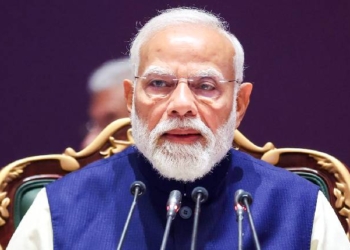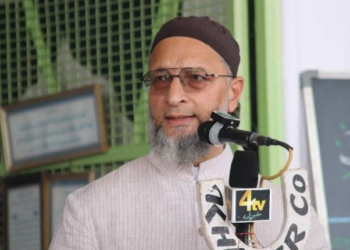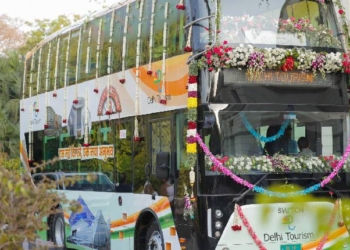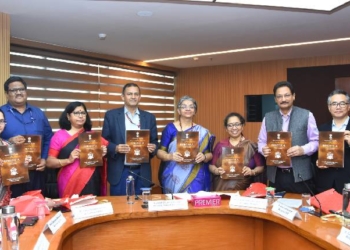New Delhi: A Parliamentary panel has noted that in the absence of well-defined rights and obligations of individuals and entities responsible for data processing, the interests of stakeholders are not adequately safeguarded.
In this light, it has emphasised on the need for enactment of an appropriate law to ensure comprehensive and robust safeguards for citizens’ data security and privacy.
The Lok Sabha’s Standing Committee on Communications and Information Technology in its report on “Citizens’ Data Security And Privacy”, which was tabled in Parliament on Tuesday, said that there is an urgent need to introduce a data protection law, that effectively combats the growing menace of cybercrime, ensures public order and also strengthens India’s defence capabilities.
It also cautioned the Electronics and IT Ministry to judiciously use the rule-making powers defined within the proposed Digital Personal Data Protection Bill, which was passed by the Union Cabinet last month, and is to be brought during the ongoing monsoon session of Parliament.
It cautioned the ministry about the judicious use of rule-making powers and emphasised on the importance of employing them responsibly and with utmost care. The committee noted that no legislation can be perfect from the outset and it evolves over time and is fine-tuned in response to changing circumstances.
“The committee, therefore, urged the government that the provisions that cannot be fully defined within the scope of the bill can be addressed through rules prescribed under it, which are subsequently presented to Parliament,” the panel noted in its recommendations.
The Committee also found the IT Ministry’s submission “encouraging” that the proposed legislation aligns with the data protection laws of other jurisdictions, featuring financial penalties instead of criminalisation, imposing additional obligations on specific data fiduciaries (known as significant data fiduciaries in the bill), resembling the approach of the European Union and Singapore.
The bill, as was briefed to the panel by the ministry, also establishes supplementary obligations and safeguards for the processing of personal data of children, following the model of the Singaporean data protection law. Further, provisions for cross-border data transfer, similar to those found in the European Union and Singapore, are also incorporated into the bill, the panel was informed.
The committee appreciated the fact that by using the word “she” instead of “he”, for the first time, women have been acknowledged in any Central Act or Bill. “The committee are hopeful that the bill, while absorbing international practices, would exemplify the best of the know-how to India and become a model legislation for the other countries to follow,” it noted in the report.
(IANS)













